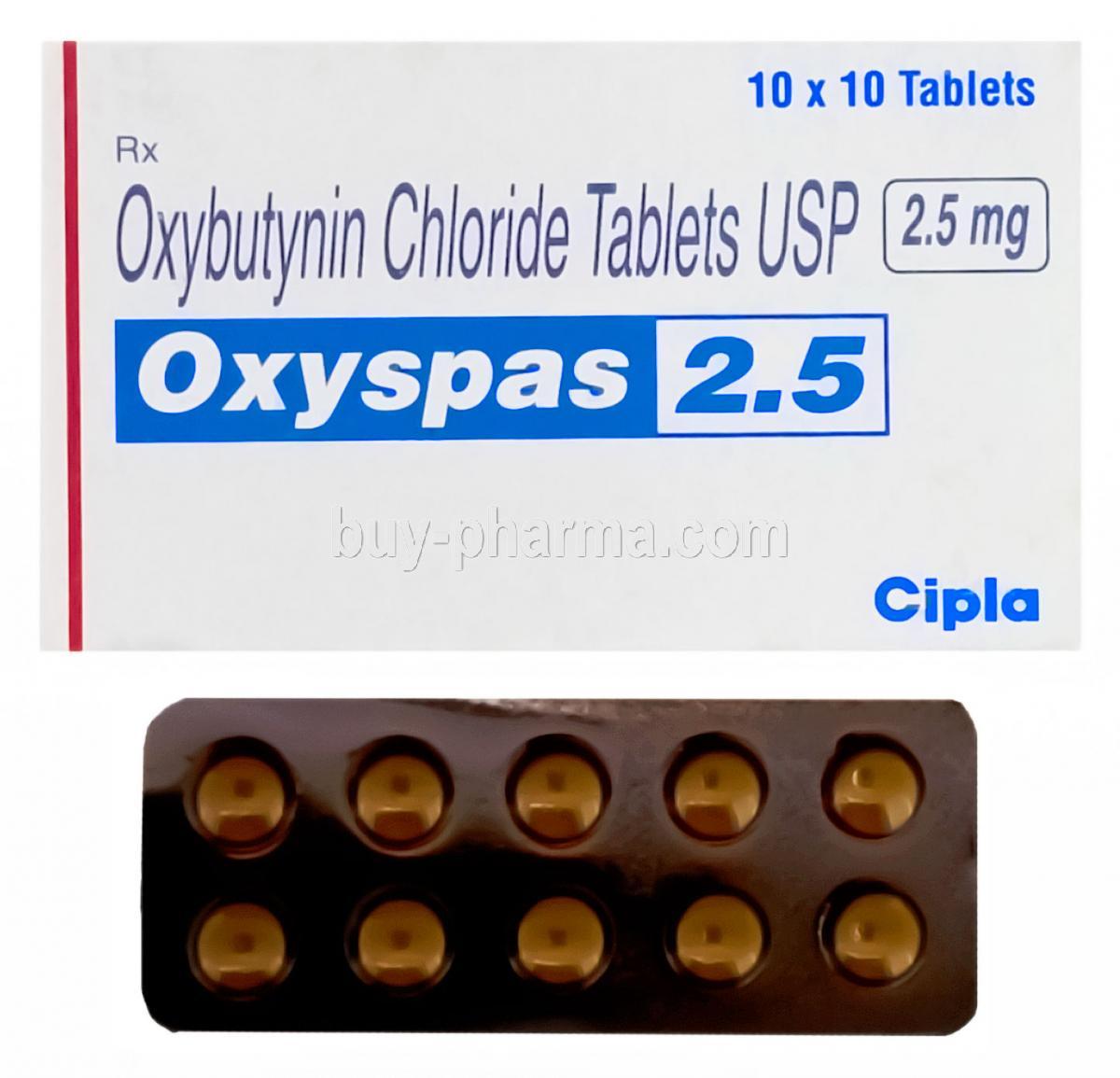
Oxybutynin is an anticholinergic medication used to relieve urinary and bladder difficulties, including frequent urination and inability to control urination More
Oxybutynin is an anticholinergic medication used to relieve urinary and bladder difficulties, including frequent urination and inability to control urination
Oxybutynin-an anticholinergic medication used to relieve urinary and bladder difficulties
Oxybutynin; Ditropan; Oxytrol; Oxibutinina
Cystran, Ildamen, Nocturin, Oxyspas, Tropan
4-(diethylamino)but-2-yn-1-yl 2-cyclohexyl-2-hydroxy-2-phenylacetate
It is an anticholinergic, antispasmodic agent used for the treatment of overactive bladder with symptoms of urge urinary incontinence, urgency, and frequency. Oxybutynin relaxes bladder smooth muscle. Oxybutynin exhibits only one-fifth of the anticholinergic activity of atropine on the rabbit detrusor muscle, but four to ten times the antispasmodic activity. Antimuscarinic activity resides predominantly in the R-isomer.
The recommended dose is 2.5 mg twice a day.
Anticholinergic medication used to relieve urinary and bladder difficulties, including frequent urination and inability to control urination
Dry mouth, constipation, nausea, abdominal pain; blurred vision; headache, dizziness, drowsiness; dry skin, rash; photosensitivity, diarrhoea, insomnia, palpitation, weakness, dry eyes, confusion, hypertension, UTI, dyspepsia.
GI obstruction or atrophy, severe toxic megacolon, significant bladder outflow obstruction, glaucoma, urinary retention.
Store at 15-30°C
357.4864
C22H31NO3
5633-20-5